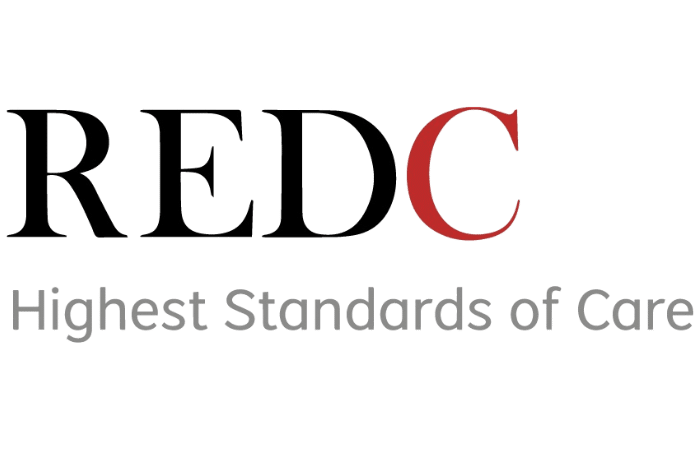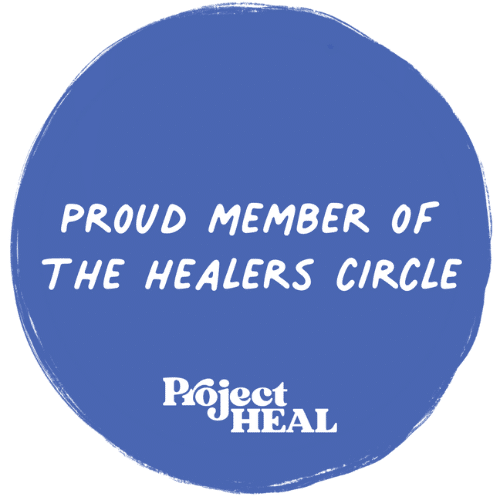CBT helps clients recognize negative thought patterns, challenging and correcting those distorted beliefs.
Cognitive behavioral therapy at Aster Springs
At Aster Springs, our therapists use many specific approaches that fall under cognitive behavioral therapy (CBT), depending on each client’s needs. In every case, the objective is to help each client deal with their underlying thoughts that affect mental distress.
CBT helps clients recognize damaging thought patterns and teaches them to step away from automatic negative thoughts and test them first. Sessions are structured with specific goals. Homework is another key element of CBT. At the end of each session, the therapist assigns the client activities to complete (e.g., keeping a diary of situations that provoke anxiety or depression). During the next session, they review the events together and create a plan for coping with similar situations in the future.
About CBT
CBT is an evidence-based treatment designed to alter the damaging negative thought patterns that some people develop about themselves. Examples of pervasive negative thoughts include “No one loves me” and “I’m not good enough.” There can also be an intense fear of abandonment or a belief that others constantly judge them.
CBT focuses on identifying and modifying distorted thinking, behaviors, and emotional responses.
Our CBT Approach
Listen in as Odyssey Behavioral Healthcare’s AVP of Clinical Operations, Kate Fisch, LCSW, CEDS, explains cognitive behavioral therapy and how it’s used at Aster Springs.
How CBT Works
CBT focuses on identifying and modifying distorted thinking, behaviors, and emotional responses. Dialectical behavior therapy (DBT), a type of CBT, addresses how clients think and behave. It incorporates mindfulness, emotion regulation, and other techniques.
Negative thoughts can trigger negative emotions and behaviors, making individuals feel bad about themselves. The goal of CBT is to help individuals not just identify these distorted beliefs but also learn to correct them.
By helping our clients pinpoint and analyze these negative thought patterns, CBT can improve their coping abilities and help eliminate self-destructive behaviors.
The Aster Springs Difference
Our distinctive approach combines compassionate, inclusive care with evidence-based innovation, promoting a healing environment where meaningful progress in treatment leads to lasting recovery beyond our doors.


Average reduction in overall symptoms
Average reduction in dieting behaviors
Average reduction in bulimia + food preoccupation
Levels of Care
Comprehensive treatment options for every stage of eating disorder recovery
Take the next step at Aster Springs.
Whether you’re seeking treatment for the first time or returning after previous care, the team at Aster Springs is here to help you navigate this stage in your recovery journey.
Your privacy is our priority. All communication is completely confidential.



